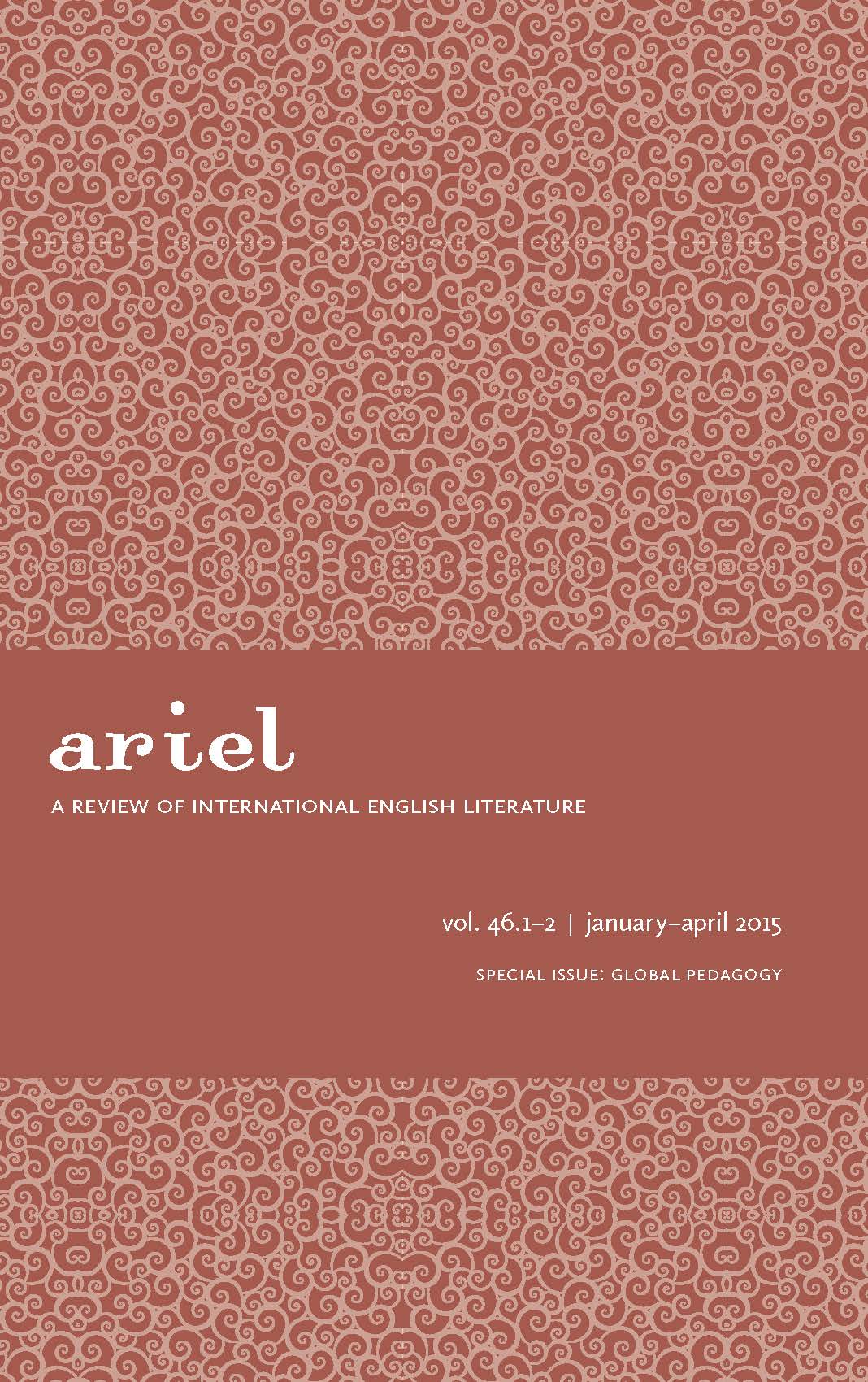The Problematic and Pragmatic Pedagogy of World Literature
Keywords:
World Literature, American University of Beirut, Pedagogy, Emily Apter, David DamroschAbstract
In addressing the reemergence of world literature as a discipline, critics such as Emily Apter and Gayatri Spivak gesture to the problem of the scale of world literature in trying to preserve the value of localized knowledge. For them, deploying English as the language of instruction in world literature courses around the globe disincentivizes the learning of multiple languages in favor of a deceptively assessable English that elides idiom, style and cultural specificity.
This article seeks to examine the above critique conjunction with the triumphalism of the world literature movement as articulated by David Damrosch, Franco Moretti, Pascale Casanova and Wai Chee Dimock. As a case study, the article scrutinizes the large-scale English department curriculum changes at the American University of Beirut (AUB) as an Anglophone institution in a non-Anglophone country devoted to scholarship in the humanities. The AUB example exposes the inherent tensions in the desire of global Anglophone institutions to keep abreast of theoretical and pedagogical developments while retaining strong local cultural ties. Ultimately, the article argues that despite the inherent dangers of world literature in its current conceptualization, it offers one of the few overarching pedagogical tools on the ground to study a temporal and geographic breathe of literature that would otherwise be inaccessible to students.


